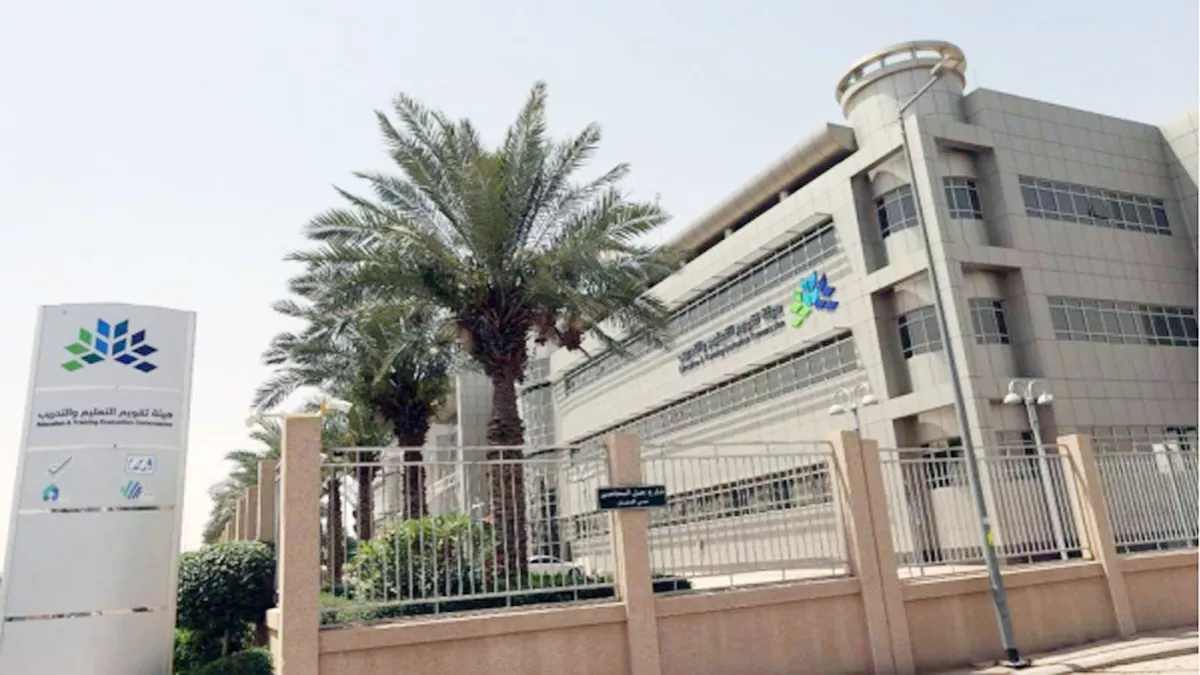
The start of standardised exams for university graduates was announced by the Saudi Education and Training Evaluation Commission (ETEC). The assessments, which started on May 17 and will go through June 6, were declared to be unrelated to students' success or failure in their majors.
One of the results of the commission's Jahiziya programme, which aims to increase university graduates' readiness to accept positions in the local labour market, is the tests, which will be used for the first time in the history of university education in the Kingdom.
Without influencing a student's success or failure, the Jahiziya programme, which targets students in their final year of receiving a bachelor's degree, aims to assess and support improvement of bachelor's students' performance as well as to assist universities and government and private colleges in understanding the quality of their outputs and opportunities for improvement.
Around 17,000 male and female students are the target audience for these tests, which are being administered in 200 centres throughout 48 universities and colleges in Saudi Arabia.
Without influencing a student's success or failure, the Jahiziya programme, which targets students in their final year of receiving a bachelor's degree, aims to assess and support improvement of bachelor's students' performance as well as to assist universities and government and private colleges in understanding the quality of their outputs and opportunities for improvement.
Around 17,000 male and female students are the target audience for these tests, which are being administered in 200 centres throughout 48 universities and colleges in Saudi Arabia.
This year's standardised exams cover 13 university majors, including finance, accounting, marketing, finance and investment, risk and insurance, banking and financial markets, computer science, software engineering, information systems, and artificial intelligence.
These standardised examinations are a result of a Council of Universities Affairs resolution that calls for the popularisation of standardised testing with the goal of assessing graduates' knowledge, abilities, and values in their particular specialisations. This is done by testing a sample of university graduates every three years to gauge the standards' degree of quality.
Through collaboration between academic teams from universities and specialised teams made up of representatives of the relevant government and private sector agencies, the commission launched the programme to increase the readiness of higher education graduates for the labour market (Jahiziya), which aims to set a specialised framework that represents the minimum level of knowledge, skills, and values for each specialised field. The ETEC has developed specialised standards using a distinct approach that includes reviewing outstanding global experiences, determining domestic labour market demands, and collaborating with companies and academic authorities.
The Jahiziya programme seeks to evaluate the results of academic initiatives and make improvements. By improving the alignment between the results of academic programmes and the needs of the labour market, it also aims to improve graduates' acquisition of the knowledge, skills, and learning outcomes necessary for each specialised subject and elevate their preparedness to enter the workforce. This aids in lowering unemployment rates and accomplishing one of Saudi Vision 2030's objectives.
The ETEC used a particular technique to create specialised standards, which included analysing notable global experiences, determining national labour market requirements, and interviewing academic and business leaders.
The implementation of this programme involved more than 40 organisations from the public and commercial sectors. The Saudi Central Bank, Capital Market Authority, Zakat, Tax and Customs Authority, Government Expenditure & Projects Efficiency Authority, Financial Skills Centre at the Ministry of Finance, Saudi National Bank, SABIC, and the Saudi Organisation for Chartered and Professional Accountants are some of the organisations connected to financial and accounting majors.
The National Cybersecurity Authority, the Ministry of Communications and Information Technology, the Saudi Information Technology Company (SITE), the Advanced Technology and Cybersecurity Company, and the Saudi Digital Academy are among the information technology disciplines.
In accordance with its mission and goals, the ETEC collaborates and integrates with governmental organisations in order to raise the standard and effectiveness of education and training in a way that advances Saudi Vision 2030 goals as well as those of the Human Capacity Development Programme.
